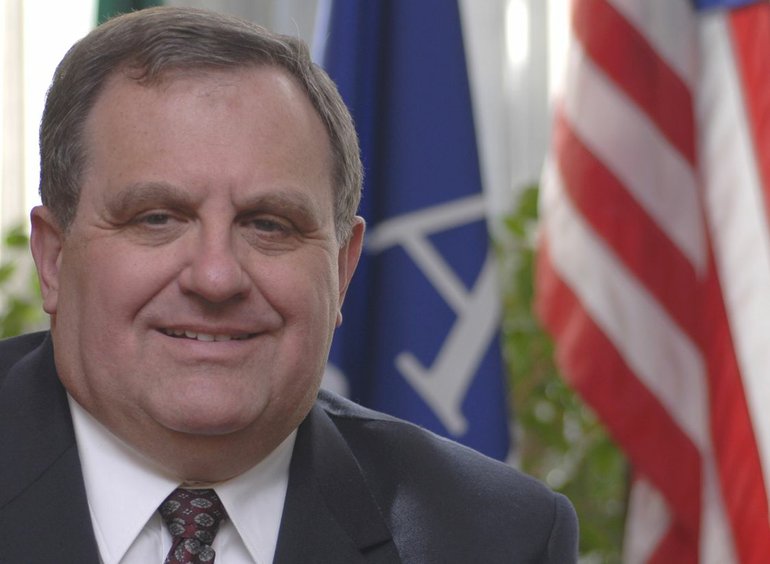Lost in the news over the economic crisis in Europe and the debt ceiling debate in the United States was the unceremonious end of NASA’s space shuttle program.
When Atlantis touched down in Florida just before dawn on July 21, there were no marching bands or boastful speeches, and the small crowds at the Kennedy and Johnson space centers were composed mainly of NASA workers and their families. In fact, the ending of the shuttle program barely merited a mention on the network news.
After 135 flights in 30 years, the space shuttles are now history, and there is a good chance America’s leadership in space flight and technology will be ceded to others. American astronauts wanting to visit the International Space Station — which the U.S. bankrolled — will have to hitch rides aboard relatively low-tech Russian space capsules.
The irony of the situation is mind-boggling when you realize that America embarked on the “space race” more than 50 years ago in response to the Soviet Union’s launch of its Sputnik orbiter in 1958. In 1960, John F. Kennedy vowed to put a man on the moon by the end of the decade — a challenge America answered. The rest, as they say, is history.
Now, we’ve abandoned our human space program, and we’re hitching rides on Russian spacecraft.
Impact on education
In 2005, President Bush’s Constellation program refocused NASA’s budget on utilizing the moon as a scientific research station and base for deep space exploration. Scientists would gain experience operating away from Earth’s environment, develop new technologies, and the lower gravity would save fuel and reduce the cost of launching future missions to Mars and beyond.
But last year, President Obama basically nixed the human space program because of budgetary concerns. He wants the private sector to eventually transport astronauts to space. But there is no plan for how we transition from NASA to commercial space flight. Instead of sending astronauts into space, Obama wants to focus NASA on robotic space missions.
The fallout of abandoning our human space program could reach into our homes and classrooms.
Much of the technology we take for granted today — TV and weather satellites, waterproof fabric, vacuum-sealed foods, GPS, no-fog ski goggles, personal computers, smart phones and iPods — all have their roots in the space program.
More importantly, the space program changed the focus of America’s schools. The National Defense Education Act of 1958 increased science and math funding from childhood education through the post-graduate level, spawning programs that are still in place today.
Ironically, in his State of the Union address in January, Obama mentioned recent statistics showing the U.S. dropping behind other nations in math, science, engineering and technology as “our Sputnik moment.”
In mathematics, U.S. fourth-graders lagged far behind the highest performing nations. Results were similar for science, with Singapore and Chinese Taipei leading the way among both fourth- and eighth-graders and the U.S. falling to the middle of the pack.
The initiatives in our space program set clear goals and inspired Americans. For now, the future of that program is murky at best. Perhaps when China surges ahead of America in space, we will have another “Sputnik moment” that will inspire American greatness once again.
Hopefully, it won’t be too late.
Don Brunell is president of the Association of Washington Business, Washington state’s chamber of commerce. Visit http://www.awb.org.



